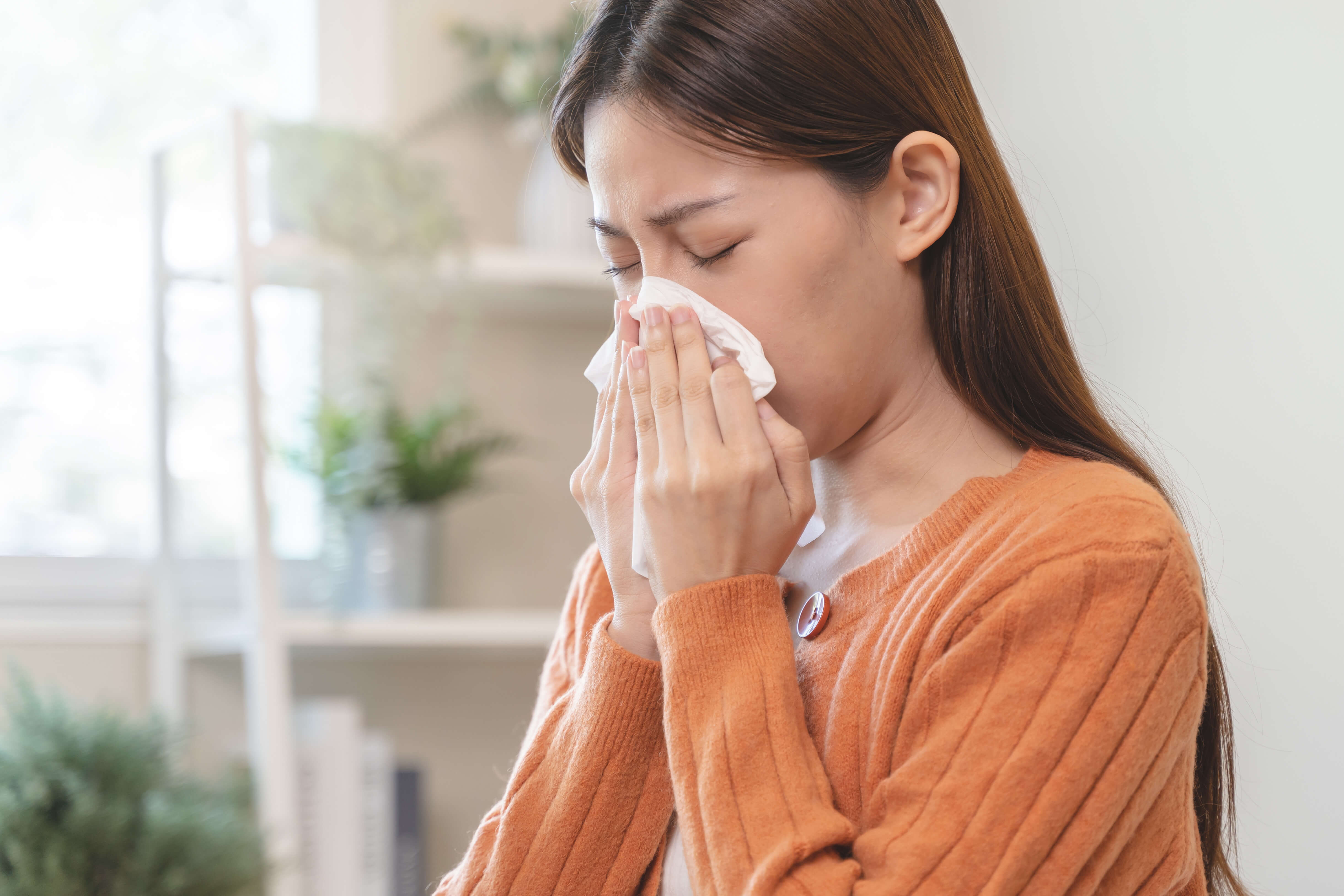Navigating Life with Allergies
Finding relief, one sneeze at a time
If you're reading this, it's likely that you or someone close to you is familiar with the challenges of allergy season. The air filled with pollen can quickly turn your mornings into a sneezing marathon, and the aftermath of freshly mowed grass or blooming flowers in spring can leave your throat feeling rough and irritated. While spring is an exciting time for gardening, the pollen from blooming flowers and trees can be frustrating for many people suffering from seasonal allergies.

Understanding Seasonal Allergies
Allergies are more than just a seasonal inconvenience -- they can be life-disrupting. Today's National Allergy Maptracks the current allergy levels and pollen count forecasts. This serves as a good resource for being prepared for high allergy levels and allowing for steps to be taken that reduce symptoms associated with seasonal allergies.
According to the Asthma and Allergy Foundation of America (AAFA), pollen is one of the most common triggers of seasonal allergies. The symptoms may include:
- Itchy eyes, ears, mouth and sneezing
- Red and watery eyes, and swelling around the eyes
- Shortness of breath, coughing, and/or wheezing
East Tennessee, specifically Knoxville, has been ranked as the 17th allergy capital in the nation. This is partly due to the abundant vegetation that is found in the region.
- High numbers of hickory, oak and pine trees.
- Pollen from grasses and flowers.
- Indoor and outdoor mold spores.
According to the CDC, the abundance of flowering trees is part of the reason for the high pollen counts in the area. Grasses and indoor molds that flourish during the warmer months also contribute to increased allergies in the area. Individuals can react differently to grass, tree, and mold allergens, and it is important to know what each person is sensitive to when trying to minimize exposure.
Tips for Managing Allergies at Home
Allergies can strike unexpectedly, so reducing your exposure at home can help you
manage them in the long run. However, over-the-counter or home remedies don't always
cut it. If your allergies are disturbing your everyday life, it is important to see
your primary care physician.
Evidence-based recommendations for managing allergies include avoiding allergens and
using appropriate allergy medications. To reduce your exposure to allergens, consider
taking the following steps: bathe at night, limit outdoor activities on days with
high pollen counts, and stay indoors with the windows closed while using high-quality
air conditioning or air purification devices.
Living in Northeast Tennessee shouldn’t mean living in misery every allergy season. With the right approach, you can take control of your symptoms and get back to enjoying the beauty of our region.